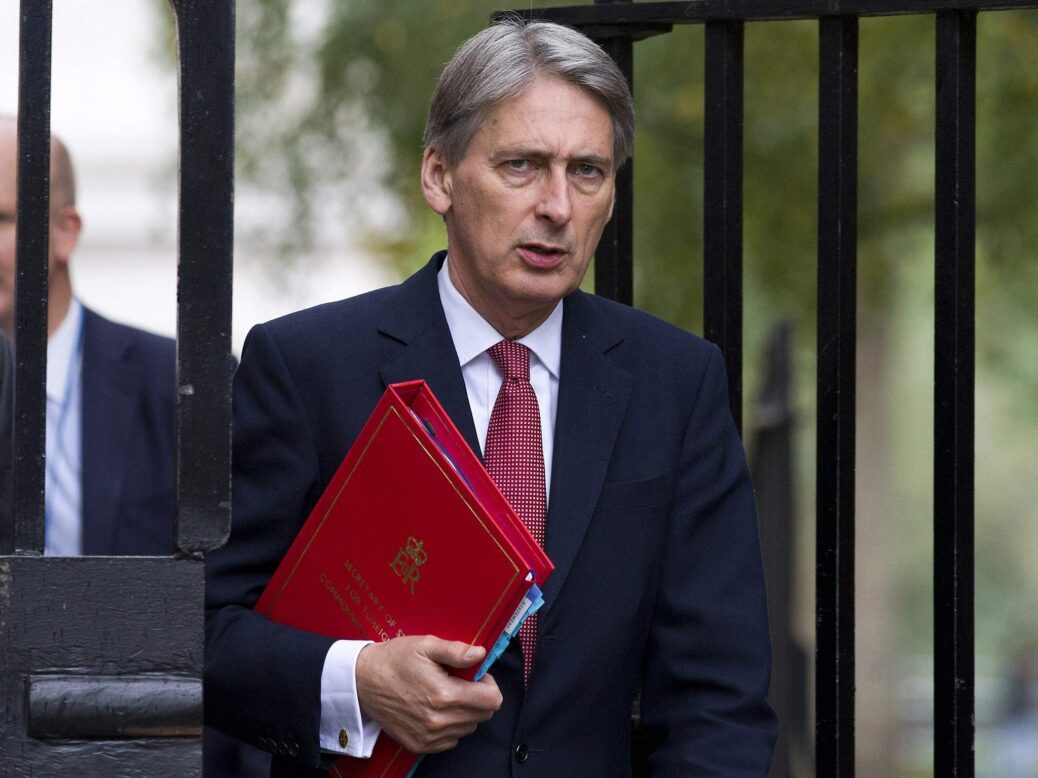
The government needs to think again on proposed changes to probate fees, writes Rosalind Hetherington
If you blinked, you will have missed it: the government’s response to the consultation on their proposed increase in probate fees was low profile – to put it mildly.
It all began a year ago when the government asked for comments on its proposals to increase the probate fees payable by higher value estates, from a flat fee to a banded fee.
This idea of a banded rate – linked to the net value of the estate – is not new. In fact the system was in place between 1981 and 1999 until near the beginning of the Blair administration, when the current flat fee was introduced. Why would a government with so much on its plate seek to rework a system which has stood for the best part of 20 years? Here, at least, the government has given us some clarity: ‘We believe it is reasonable to ask those who use the service to pay more where they can afford to do so.’
The problem is the scale of the proposed changes and the potential impact on families who are asset rich and cash poor which cannot be underestimated.
The new system proposes that estates worth under £50,000 are completely exempt – currently probate fees are payable on all estates valued over £5,000. That’s all to the good, but it’s the increased fee for estates worth in excess of £50,000 which is causing sharp intakes of breath for widows who may have inherited their homes in London 30 years ago, and whose estates now face an additional £20,000 probate court fee (not ‘tax’, note) if the value is greater than £2 million – an increase of 9,200 per cent from the current fee of £215 (or 12,800 per cent if you take the original fee for applications made through a solicitor). That’s some change.
It’s money that also might not be readily to hand and the problems families might face are twofold. In the first place, it is necessary to pay the ‘fee’ upfront to obtain a grant of probate in order even to be able to realise assets (and possibly sell the family home) to pay both the fee and the inheritance tax which itself will be in the region of £650,000. Secondly, some families will no doubt experience the sting of injustice: with fees calculated by reference to the ‘slab’ system, an estate valued at £2 million will pay £12,000 but the fees due on one valued at £2 million and a penny will pay £20,000. How many executors, professional or lay, will be willing or able to ‘lend’ the sums necessary and what will the banks charge if borrowing is required?
What’s more we also have hard evidence of the unpopularity of the idea – the majority of respondents to the government’s consultation thought the increases were unfair. Indeed, an overwhelming 97.5 per cent opposed with them, while only 1.5 per cent agreed. So this can hardly be considered a vote-winner.
And as far as we are aware, the proposed increases have no bearing on the actual cost of administering a grant of probate. However, the consultation freely acknowledges that the increase is designed to bring in funds to support the rest of the courts system instead. Call me old fashioned, but this sounds like revenue raising, and last time I looked finance bills must be debated in the House of Commons.
It is undeniable that the increases will only affect a minority, but the impact is likely to be significant. This is an area where we hope the government will think again.
Rosalind Hetherington works at boutique private wealth law firm Maurice Turnor Gardner LLP






